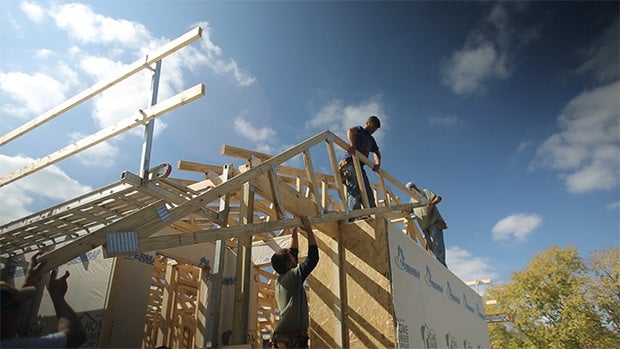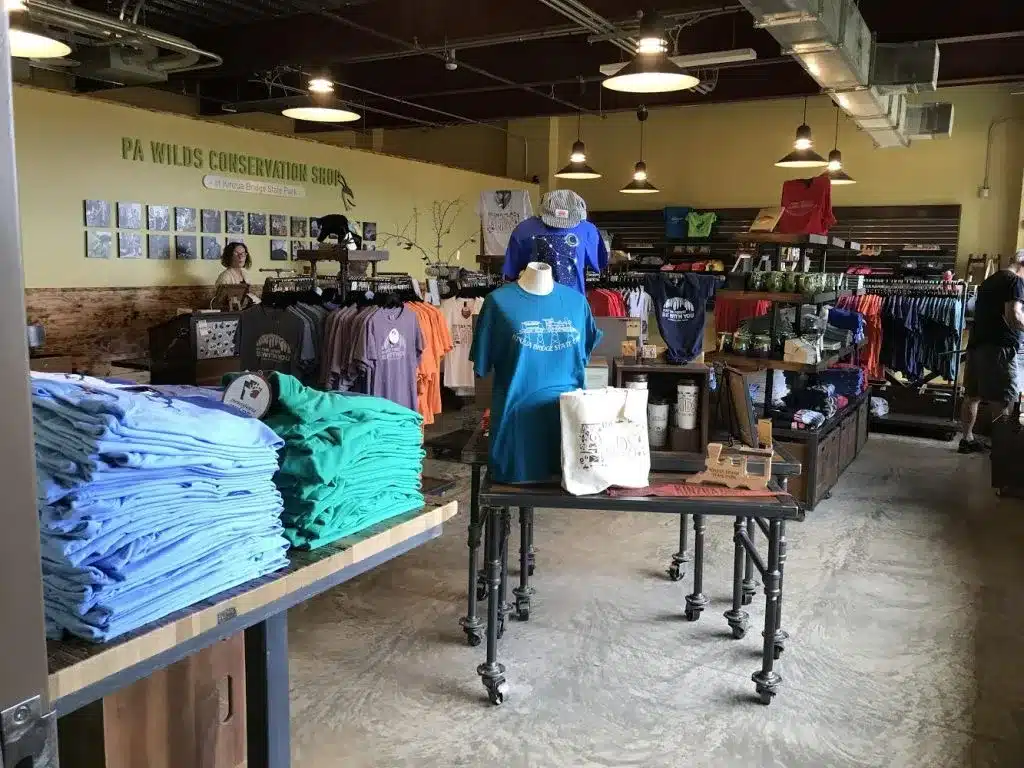Homes have become offices, schools, places of worship and our safe havens since the pandemic began. But in many rural places and tribal communities, housing is a growing challenge. Some long-time residents live in older homes needing repair. Some, working in low-paying jobs, live with others in cramped quarters. Many cannot work or learn from home because of connectivity. Others face mortgages or rents too high to afford with newly depressed wages or newly inflated real estate and rent prices caused by competition from a flood of urban refugees. The housing price tag is forcing some rural workers and families into significant debt or homelessness – with the host of health and safety risks that brings. But brick by brick and loan by loan, committed rural organizations are providing assistance – some tried and true and some new and different measures – to keep rural residents sheltered as the pandemic and its effects unfold.
In the third ROAD Session, rural and tribal organizations share their analysis and useful strategies for helping rural residents, workers and families address housing distress and homelessness. They provide details on available housing programs and modes of collaboration useful to advance safe, affordable, solutions now and over the long-term, including strategies that could help fend off further crisis if federal and state unemployment and housing assistance run dry.
Our Rural Practitioners

Tawney Brunsch
Executive Director, Lakota Funds
Tawney leads the first-ever Native community development financial institution (CDFI) located on a reservation. With a long career in the financial industry, Tawney is committed to revitalizing the Pine Ridge Reservation’s economy by providing access to sound lending products paired with the assistance necessary for private sector development. Since becoming Executive Director in 2010, Tawney has led Lakota Funds through several history-making accomplishments, including the charter of the Lakota Federal Credit Union, the first federally insured financial institution on the Pine Ridge Reservation since 1935, and the conversion of Eagle Nest Housing development into private homes.

Stacy Caldwell
Chief Executive Officer, Tahoe Truckee Community Foundation
Stacy has dedicated her career to generating positive community impact. For over two decades, she has specialized in venture philanthropy, social innovation, and economic development. Stacy works alongside TTCF staff and board to engage community members in solving pressing issues, bringing resources and expertise from her national network to inform the region’s strategies. In 2016, Stacy spearheaded the Mountain Housing Council of Tahoe Truckee, a collective impact initiative that has brought together a diverse group of community leaders to develop an achievable housing plan for those that live and work in the region. Prior to joining TTCF in 2012, Stacy was President and CEO of Dallas Social Venture Partners and co-founded the National Rural Funders Collaborative.

Craig Beckley
Chief Executive Officer, Heart House, Inc.
Craig was the first employee of Heart House Inc., a local organization seeking to address the problem of homelessness in five southeastern Indiana counties. In March 2002, Heart House Inc. opened a 72-bed shelter to meet the needs of the local homeless population. It now also operates 41 apartments for low-income families in southeast Indiana – and the revenue from these apartments helps fund the shelter. Craig has a deep desire to help homeless people and families who are in crisis find independence by coaching and guiding them towards change that will help them succeed. Before joining Heart House Inc, Craig was a teacher, a school principal, and a trustee of his local township.
Setting the Data Context

Lance George
Director of Research, Housing Assistance Council
Lance oversees HAC’s Research and Information Division, which provides research, information, public relations and communications activities to increase knowledge about rural housing policy, issues and trends. He has authored several publications including Taking Stock, an overview of rural America’s residents, their economic condition, and their homes. Prior to his current position, Lance was a senior research associate with HAC. Before HAC, Lance worked for Frontier Housing, Inc., a nonprofit organization that builds affordable homes for low-income families in Appalachian Eastern Kentucky.
Our Moderator

Shonterria Charleston
Director of Training and Technical Assistance, Housing Assistance Council
Shonterria manages HAC’s Training and Technical Assistance Division and oversees all HAC’s capacity-building activities, including its Rural Community Development Initiative, Affordable Housing for Rural Veterans Initiative, the Native American and Alaska Native Initiative, and HUD Rural Capacity Building. She is a veteran of the United States Armed Forces (ARMY-Active Component). Shonterria is HUD HOME Program-Regulations certified and is recognized as a HUD Energy Champion.
About the Rural Opportunity and Development Sessions
The ROAD Sessions highlight and unpack rural development ideas and strategies that are critical in response to COVID-19 and to long-term rebuilding and recovery. ROAD Sessions feature stories of on-the-ground practitioners who have experience, wisdom and savvy to share. The series reflects and emphasizes the full diversity of rural America, spotlights rural America’s assets and challenges, and lifts voices and lived experience from a wide range of rural communities and economies. Each Session includes an added opportunity for peer exchange. Overall, the ROAD Sessions aim to infuse practitioner stories and lessons into rural narratives, policymaking and practice across the country, and to strengthen the network of organizations serving rural communities and regions.
The ROAD Sessions virtual exchanges are co-designed and hosted by the Aspen Institute Community Strategies Group, the Housing Assistance Council, the Rural Community Assistance Partnership and Rural LISC.







